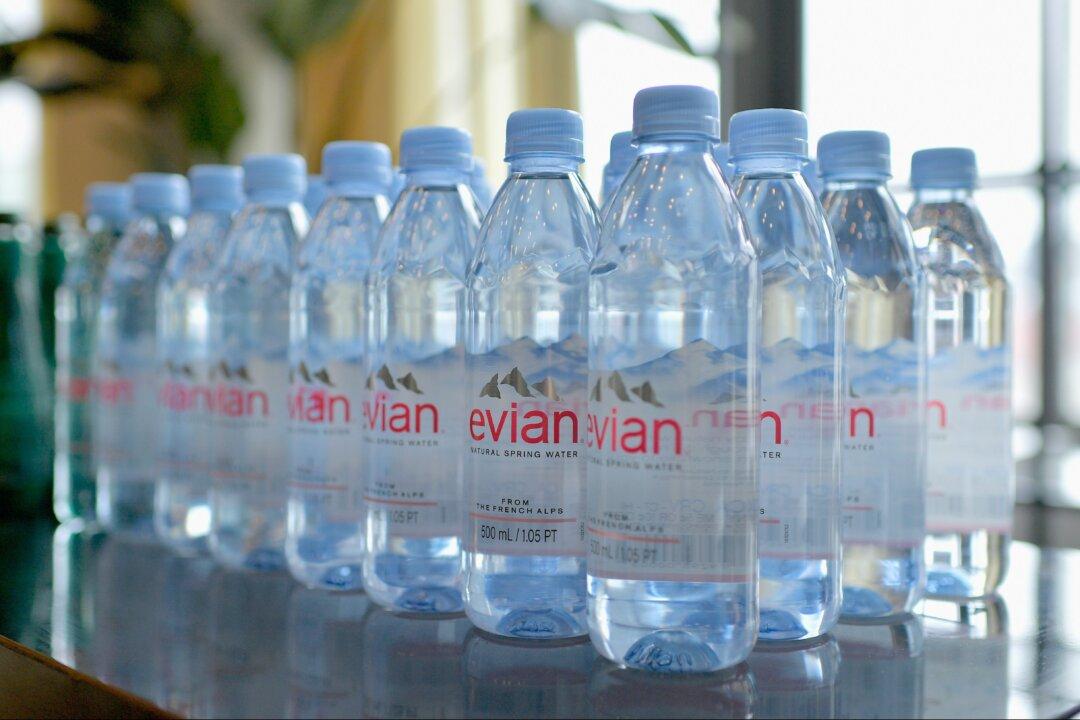Why do we have so many water bottles? Millions and millions of them. Maybe, even billions? Trillions, anyone? I don’t know the exact number, making the heroic assumption that such a statistic would even be available. But I know there are a lot of them.
This is more than passing curious. After all, we have water fountains all over the place (don’t ask me to find out exactly how many there are). This seems to fly in the face that old economic adage: if they are giving it away for free down the street, it is difficult if not impossible to set up a business charging for it.





